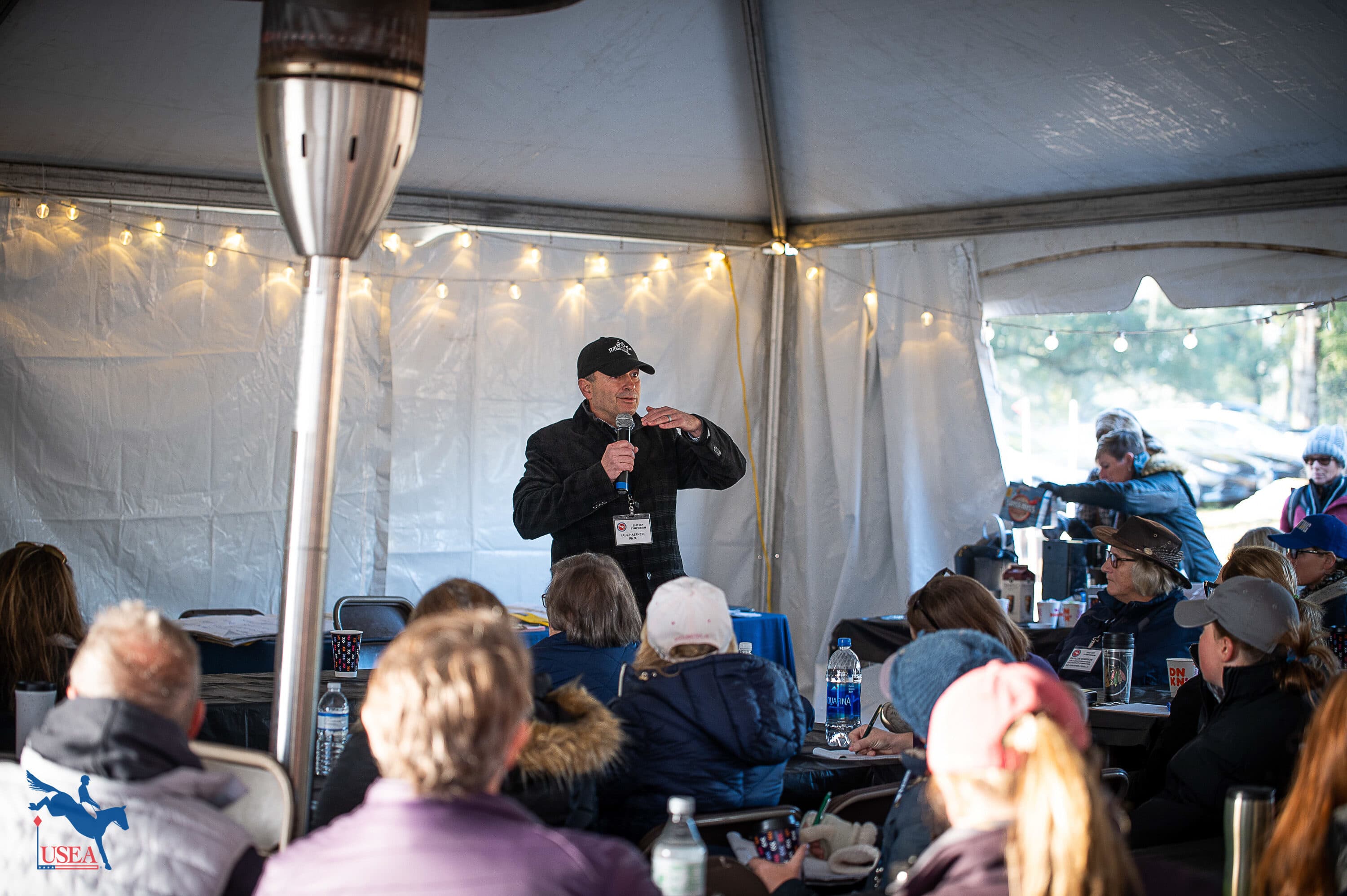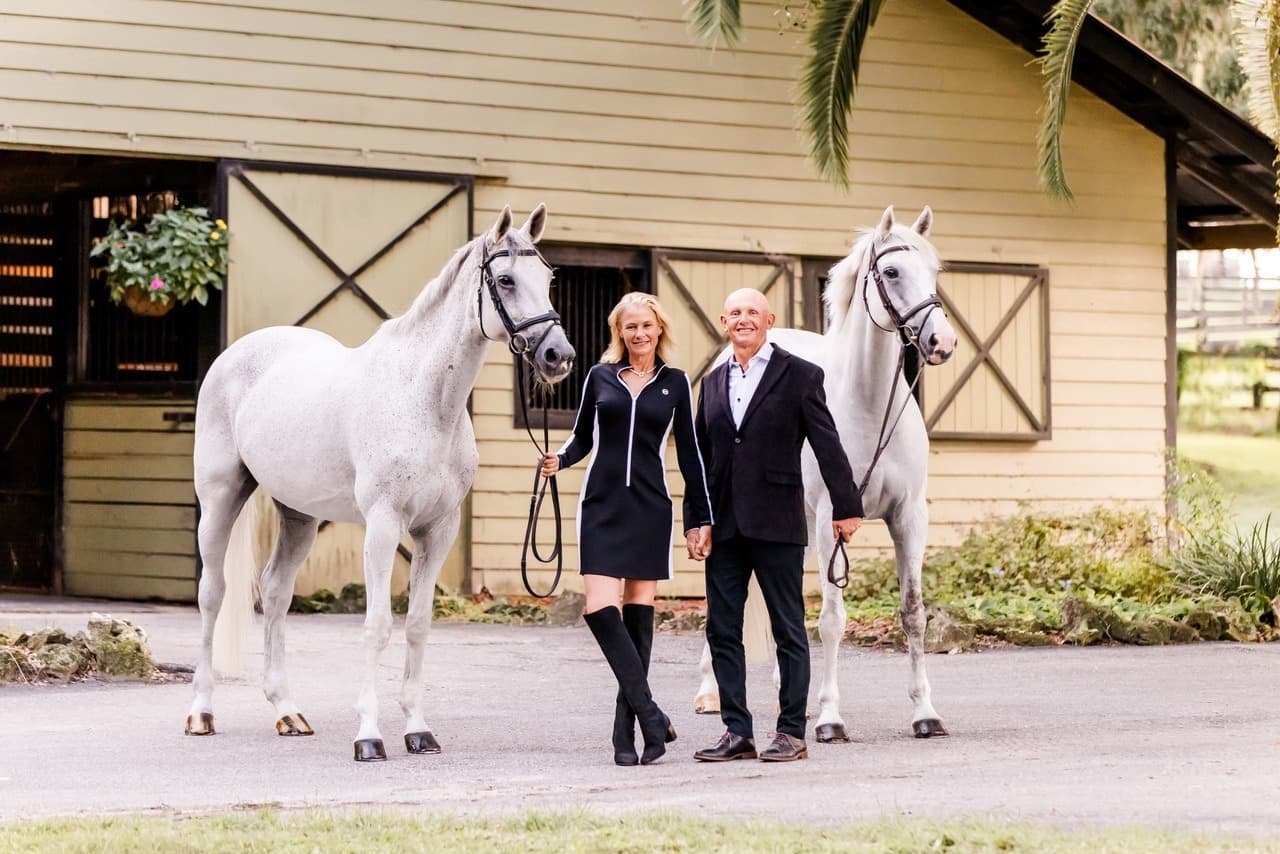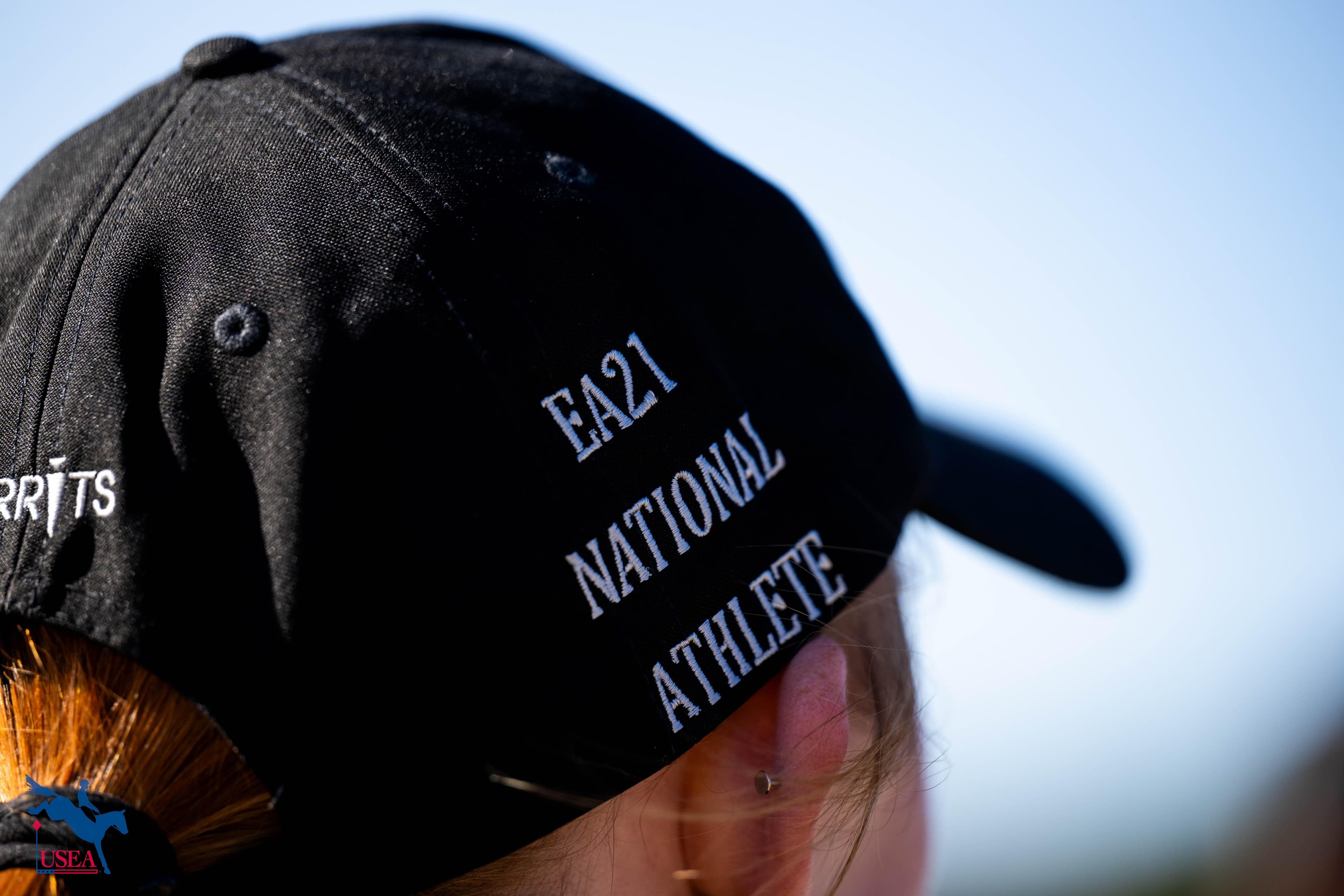What is a Sport Psychologist and What Do They Offer Equestrians?

At first, it may seem obvious; sport psychologists help athletes optimize their performance in competition. Don’t they? Of course… this is the spirit behind the entire field of sport psychology.
Yet, in over 25 years of assisting riders with their mental game, I have been surprised to discover that the vast majority of equestrians who seek my assistance want my help tackling core emotional concerns such as fear, anxiety, and trauma related to their riding.
Rather than simply enhancing performance, I more often work to help my clients get back in the saddle, heal from traumatic events, and reclaim their joy of riding. My experience has led me to expand my understanding of the role of sport psychology in equestrian sport.
The work of a sport psychologist can be divided into three categories. The first is performance enhancement. We help athletes perform to their highest ability when it counts the most, in competition. There are many tools available to assist athletes in this endeavor and include many of the skills and strategies that are familiar to the public such as goal setting, positive self-talk, energy regulation, and visualization, among others.
The second category is helping athletes with personal reactions or experiences that interfere with peak performance. This might include dealing with limiting beliefs, self-critical thoughts, negative self-concept, lack of confidence, or performance anxiety. These qualities of thinking or feeling often have a significant negative effect on performance. Once they are dealt with, an athlete can focus more directly on fine-tuning their mental game for peak performance.
Finally, sport psychologists assist athletes with personal struggles that may be related to a competitive lifestyle. These struggles might include relationship difficulties, depression, anxiety, or substance abuse. It is in this last role that it is important to understand that not all sport psychology professionals have the same training or background.
When searching for an equestrian sport psychologist you will notice that professionals will adopt different titles. You will find sport psychology consultants, mental skills consultants, equestrian psychology coaches, and many others. The reason that they present themselves with this wide range of titles is that the term “psychologist” is a protected term in most states. The title a person uses does not reflect negatively on their competence and ability to help you with your mental game. Rather, their title indicates a difference in their training and licensure from a professional who is trained and licensed as a psychologist. When seeking assistance, it is helpful to understand this difference and ask about their training and experience so you can be assured that they will be able to help you with the particular challenges you face.
Sport Psychologists have a lot to offer today’s equestrians.
Our knowledge of human psychology and performance has grown exponentially in recent years. From teaching mental skills for peak performance to helping riders heal from serious emotional challenges, sport psychologists have something to offer equestrians for a variety of challenges at every level of the sport. The next time you are looking to overcome a challenge to your riding, elevate your horsemanship, and take your riding to a new level… in addition to seeking out new teachers or trainers… in addition to working on your own health and physical fitness… consider consulting with a sport psychologist. They may be able to help you maximize your investment while helping to sustain your passion and joy in the process.
About Dr. Paul Haefner Ph.D
Psychologist, mentor, educator, and speaker. With over 35 years of professional experience, Paul T. Haefner, Ph.D. focuses his energy these days serving the equestrian community. In 1998 he founded Riding Far, LLC to provide a broad range of sport and performance psychology services for riders. He is passionate about learning and integrating knowledge and skills from a wide range of perspectives, academic disciplines, and worlds of human experience. In addition to 30+ years of experience as a psychotherapist, Dr. Haefner is a clinical hypnotherapist and a Neurolinguistic Programming master practitioner. He has worked extensively with equestrians of all ages and disciplines and finds great joy helping people create meaningful change in their lives and in their riding. Dr. Paul Haefner is a returning guest speaker to the USEA's 2023 ECP Symposium.














